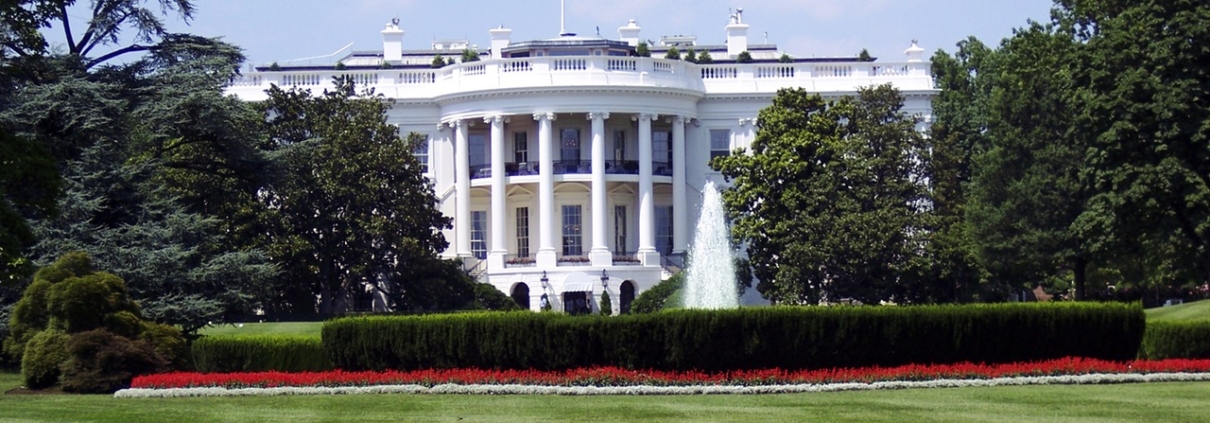Urgent: The first 100 days of cybersecurity in the Trump Administration
Commission urges better cybersecurity
Urgent: The first 100 days of cybersecurity in the Trump Administration
The Associated Press, December 3, 2016
A presidential commission has made 16 urgent recommendations to improve the nation’s cybersecurity, including creating a nutritional-type label to help consumers shop wisely and appointing a new international ambassador on the subject — weeks before President-elect Donald Trump takes office.
The release of the 100-page report follows the worst hacking of U.S. government systems in history and accusations by the Obama administration that Russia meddled in the U.S. presidential election by hacking Democrats.
The Presidential Commission on Enhancing National Cybersecurity urged immediate action within two to five years and suggested the Trump administration consider acting on some proposals within its first 100 days.
The commission recommended that Trump create an assistant to the president for cybersecurity, who would report through the national security adviser, and establish an ambassador for cybersecurity, who would lead efforts to create international rules.
It urged steps, such as getting rid of traditional passwords, to end the threat of identity theft by 2021 and said Trump’s administration should train 100,000 new cybersecurity workers by 2020.
Other ideas included helping consumers to judge products using an independent nutritional-type label for technology products and services.
“What we’ve been doing over the last 15 to 20 years simply isn’t working, and the problem isn’t going to be fixed simply by adding more money,” said Steven Chabinsky, a commission member and the global chair of the data, privacy and cybersecurity practice for White & Case LLP, an international law firm.
He said the group wanted the burden of cybersecurity “moved away from every computer user and handled at higher levels,” including internet providers and product developers who could ensure security by default and design “for everyone’s benefit.”
The White House requested the report in February and intended it to serve as a transition memo for the next president. The commission included 12 of what the White House described as the brightest minds in business, academia, technology and security. It was led by Tom Donilon, Obama’s former national security adviser.
It was not immediately clear whether Trump would accept the group’s recommendations. Trump won the election on promises to reduce government regulations, although decades of relying on market pressure or asking businesses to voluntarily make their products and services safer have been largely ineffective.
Trump’s presidential campaign benefited from embarrassing disclosures in hacked emails stolen from the Democratic National Committee, Hillary Clinton’s campaign staff and others.
Plus, Trump openly invited Russian hackers to find and release tens of thousands of personal emails that Clinton had deleted from the private server she had used to conduct government business as secretary of state. He also disputed the Obama administration’s conclusion that Russia was responsible for the Democratic hackings.
Under Obama, hackers stole personal data from the U.S. Office of Personnel Management on more than 21 million current, former and prospective government employees, including details of security-clearance background investigations for federal agents, intelligence employees and others.



